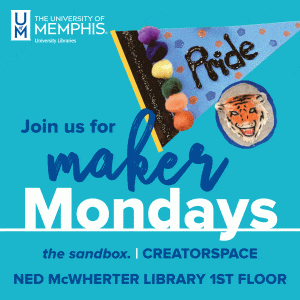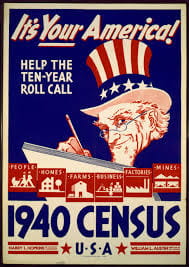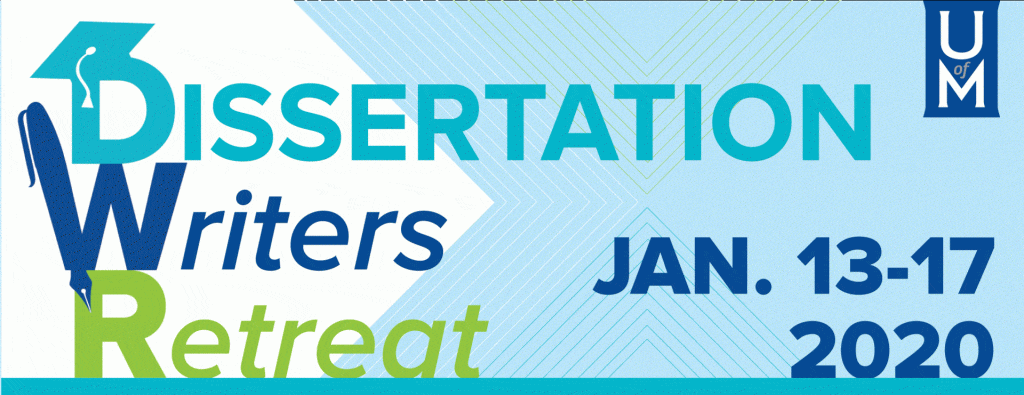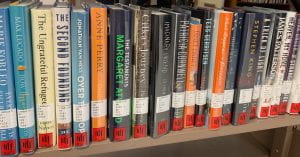
Podcast Kits Available for Checkout
During the pandemic, most people were forced inside their homes in unprecedented numbers. This lead many to discover new podcasts and even start their own as they looked to fill their free time. As you may already know, there are a multitude of podcasts available on any number of subjects: science, entertainment, finance, video games, the list goes on. And these podcasts are made by people at every skill level, professional and amateur. If you have an interest you are passionate about and want to create your own podcast, whether it be for a class, a side hustle, or just for fun, McWherter Library is now offering a great way to start your journey. The Circulation Department is offering podcast kits that include a Blue Yeti microphone with USB connector cord, a pair of studio headphones, and a webcam (for all you vloggers out there). It will be a nonrenewable three day check out if you want to give it a try. We here in the Sandbox Creatorspace also recommend using programs like Audacity or Adobe Audition to record if using a PC and Garage Band for the Macintosh crowd. Hopefully, this will help you begin your own podcast adventure so you can join the ever-growing conversation of this burgeoning world.

Maker Monday: ROCK OUT!
Are you a guitar aficionado? Someone learning to play in their spare time? Or maybe just someone that enjoys cool tech and memorabilia? This coming Monday, September 26, the Sandbox Creatorspace at McWherter Library will be hosting its first Maker Monday event of the Fall Semester: ROCK OUT! We will be guiding you through the process of making your very own guitar pick with the library’s Glowforge Laser Cutter. We will also have a SpecDrum kit to explore if you want to just relax and make your own beats. If you are interested, sign up here so your spot is reserved. Also feel free to drop by the day of, explore what the Sandbox has to offer, and create your own musical memories.











